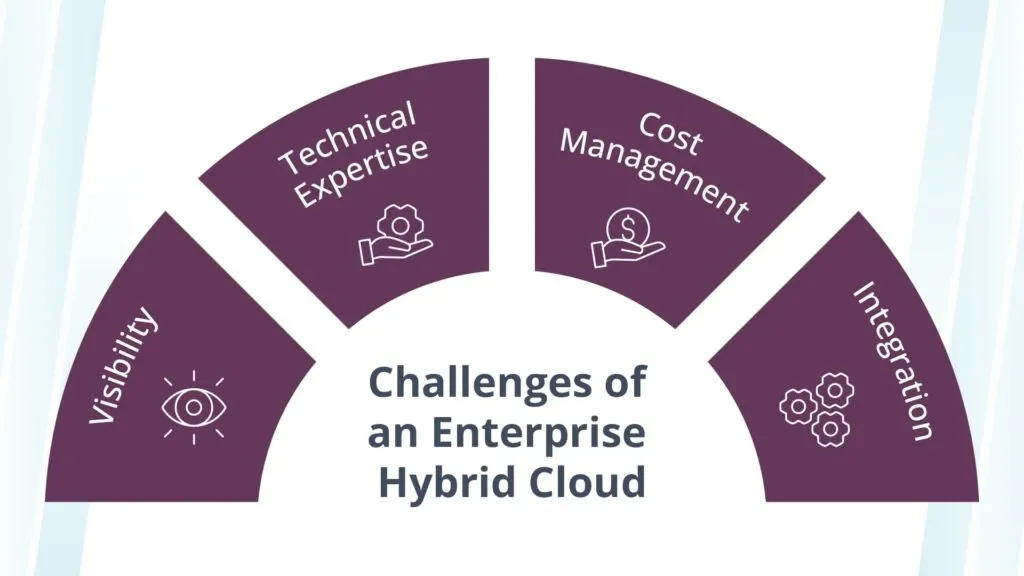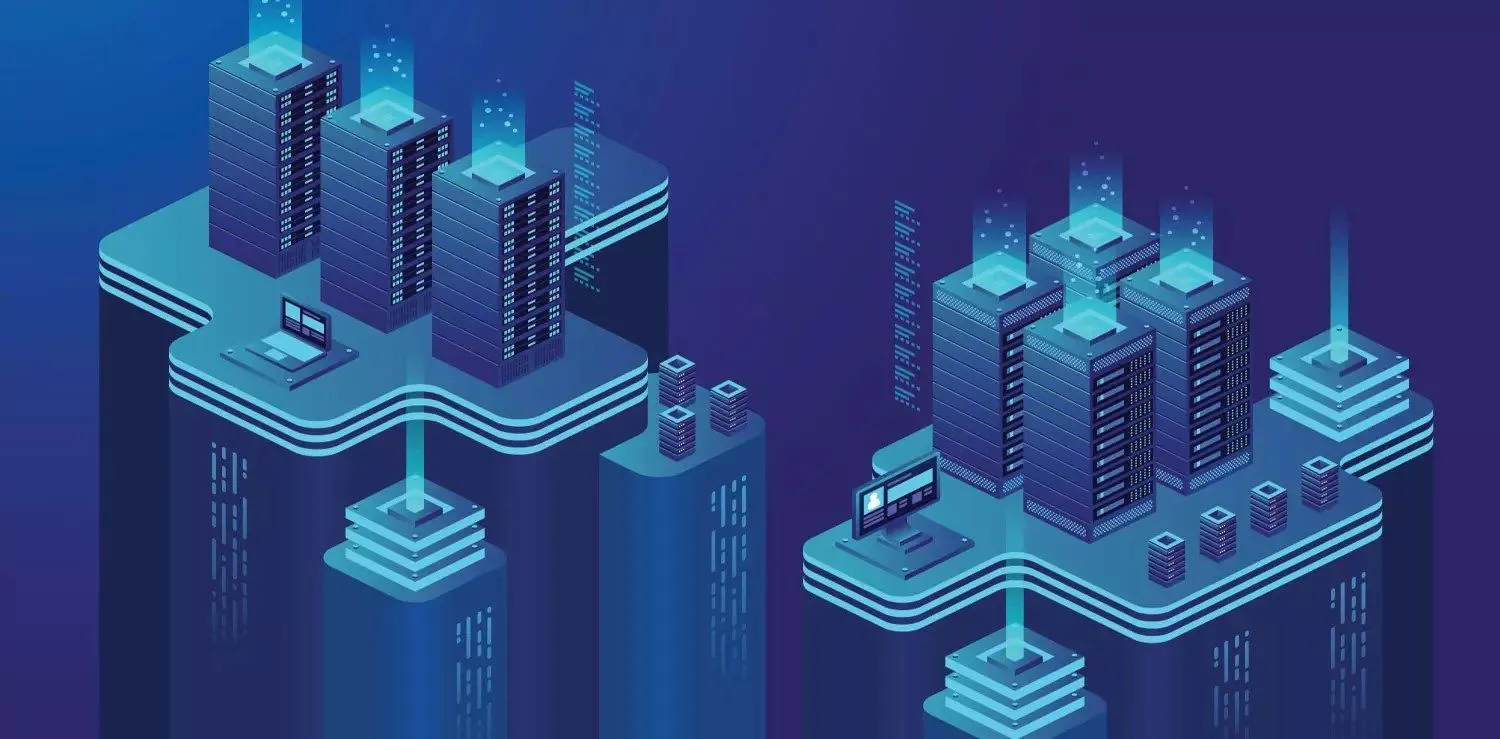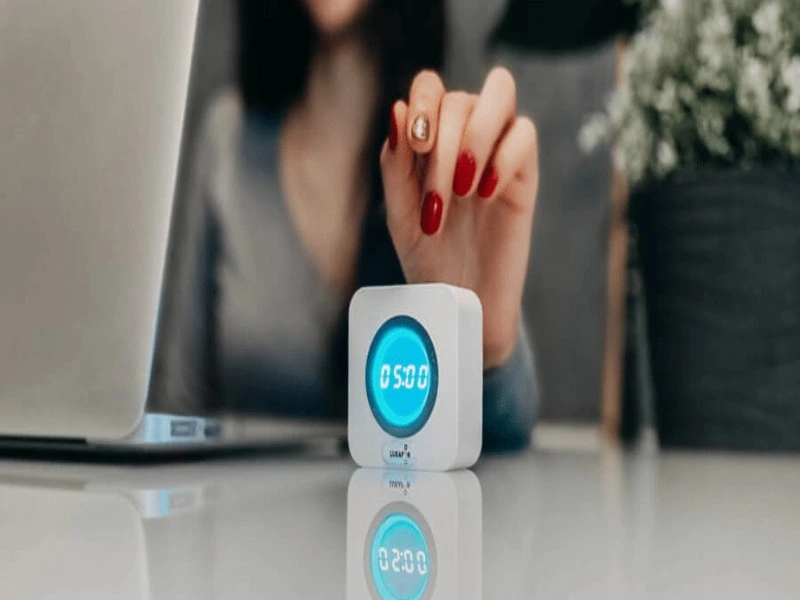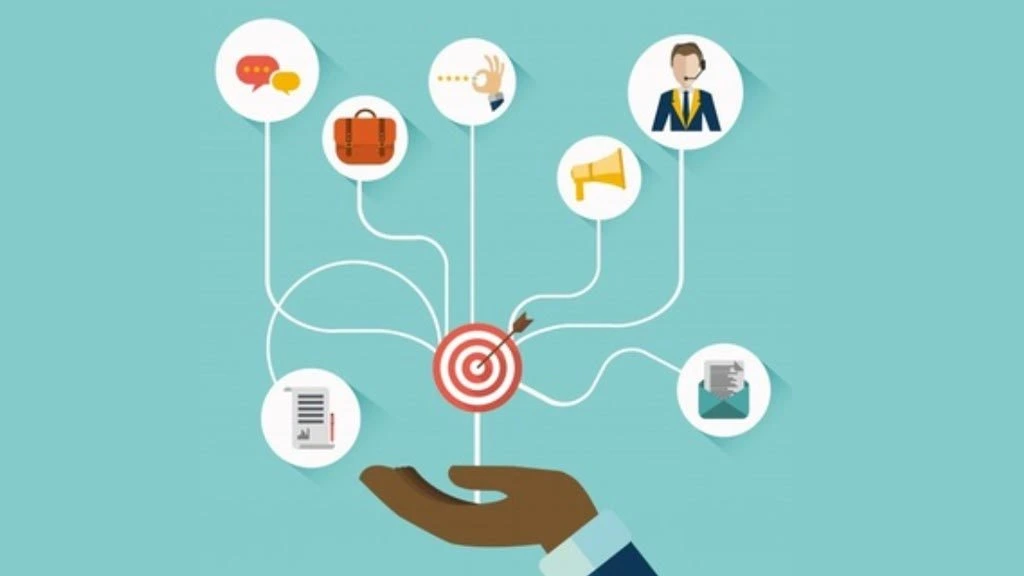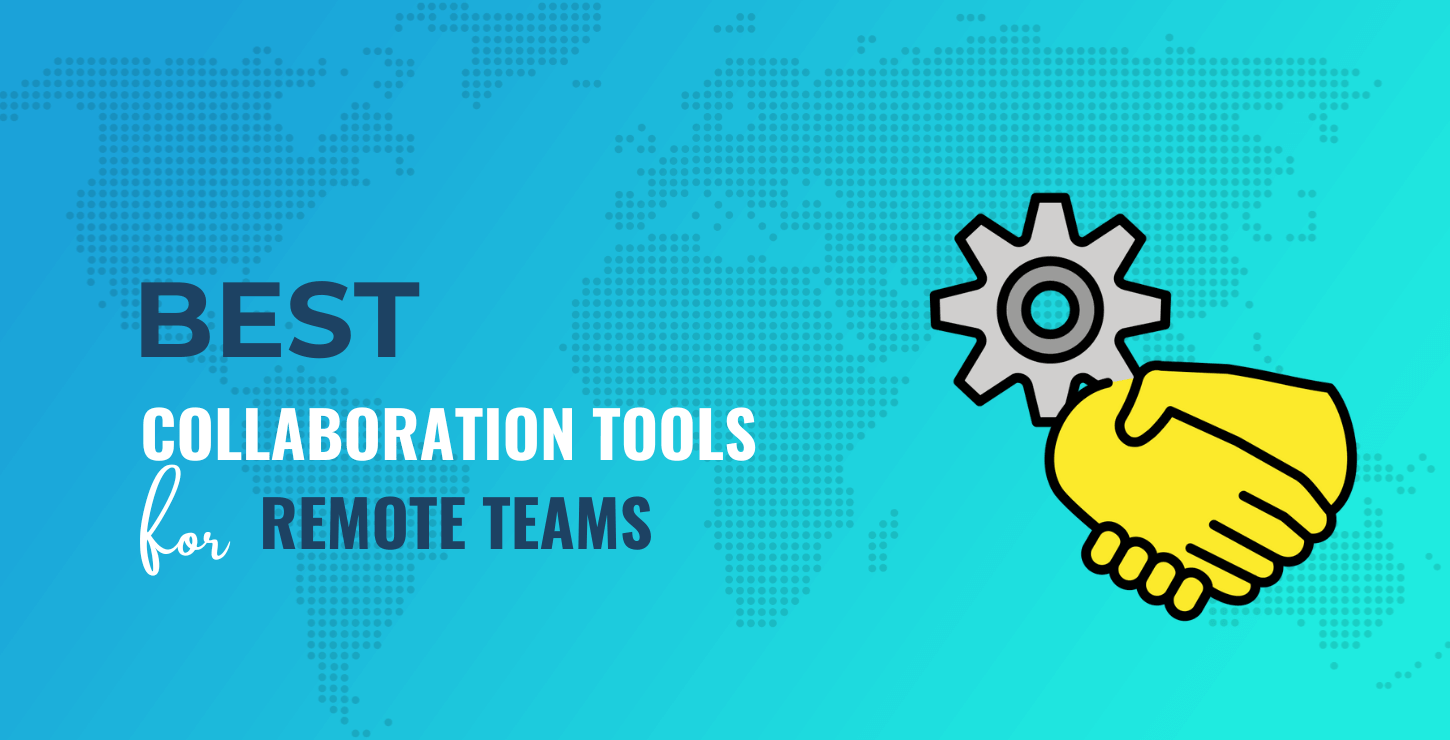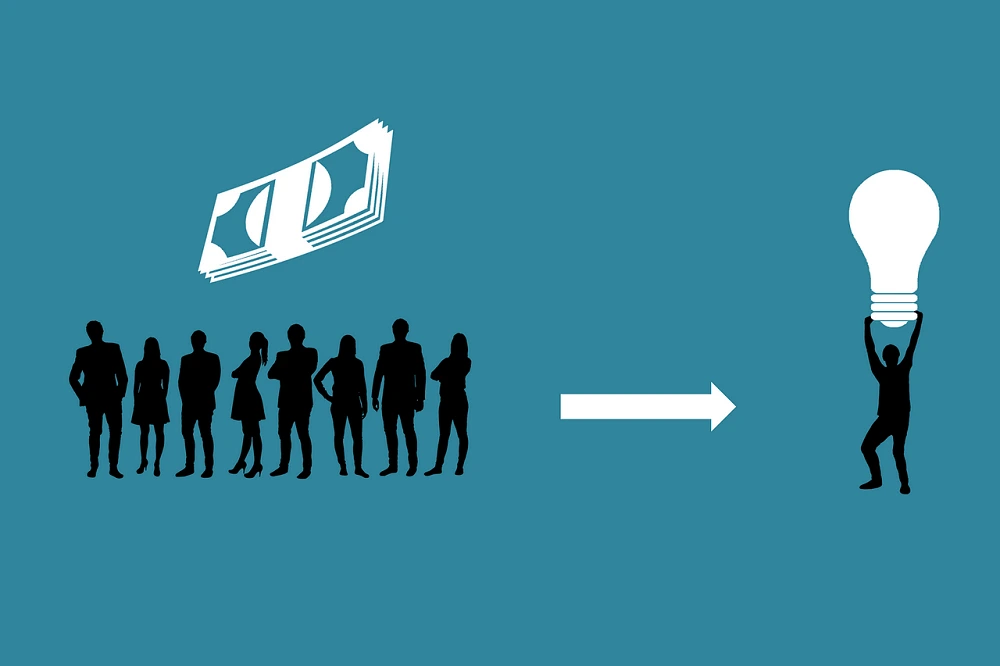Lean startup is an example of customers influencing the kind of goods supplied by their respective marketplaces, rather than the other way around.
What is a Lean Startup?
A lean startup is a way for establishing a new firm or introducing a new product on behalf of an existing one. The lean startup strategy encourages creating goods that customers have previously established a demand for, ensuring that a market exists as soon as the product is released. As opposed to creating a product and then expecting for demand to arise.
Gauging Consumer Interest
Product developers may use lean startup concepts to measure user interest in their product and decide how it should be developed. This approach is known as verified learning, and it may be used to prevent wasting resources during product creation and development. If a concept is likely to fail under lean startup, it will fail quickly and inexpensively rather than slowly and expensively, thus the name "fail-fast."
Eric Ries, the creator and CEO of the Long-Term Stock Exchange, pioneered the lean startup methodology. He outlines the technique in his blockbuster book, The Lean Startup, which has been translated into 30 languages.
Recommended to read:
- How Many Startups Fail and Why
- 6 Steps to Starting an Online business
- The Top 5 Startups and Businesses in Tech to Watch in 2024
Lean Startup vs. Traditional Business
The lean startup strategy also distinguishes itself from the standard company model in terms of employment. Lean companies recruit employees that can learn, adapt, and work rapidly, while conventional organizations hire based on experience and competence. Lean businesses prioritize customer acquisition cost, lifetime customer value, customer churn rate, and product virality above traditional financial reporting metrics like income statements, balance sheets, and cash flow statements.
Requirements for Lean Startups
The lean startup technique views experimenting as more vital than meticulous preparation. Five-year company plans based on unknowns are regarded a waste of effort, and consumer feedback is crucial.
Lean startups rely on fast testing of ideas rather than traditional business models. Data does not have to be finalized before progressing; it just has to be adequate. When clients do not respond as expected, the firm immediately changes to minimize losses and return to building things that customers want. Failure is the norm, not the exception.
This strategy involves testing hypotheses with prospective consumers, buyers, and partners to measure responses to product features, price, distribution, and customer acquisition. Entrepreneurs use the knowledge to make tiny product improvements known as iterations, as well as huge adjustments known as pivots, to address any key problems. During the testing phase, the target client may change or the product may be modified to better satisfy their needs.
The lean startup technique first identifies an issue that must be addressed. It then creates a minimal viable product, or the simplest version of the product that entrepreneurs may give to prospective clients for feedback. This process is quicker and less costly than building the finished product for testing. It also decreases startup risk by lowering the traditional high failure rate. Lean startup describes a startup as an organization that is looking for a scalable business model, rather than one that has an established business strategy that it intends to implement.
Example of a Lean Startup.
For example, a healthy meal delivery business targeting busy, single 20-somethings in cities may discover that it has a larger market among 30-something wealthy moms of babies in the suburbs. To offer adequate nourishment for new moms, the firm may adjust its delivery timetable and food selection. It may also include food alternatives for spouses, partners, and other children in the home.
The lean startup technique should not be employed only by startups. The lean startup strategy has been employed by firms including General Electric, Qualcomm, and Intuit. For example, GE developed a new battery for mobile phone operators in underdeveloped regions with unstable energy.
Also read: Hot New Business Ideas For The USA In 2024

